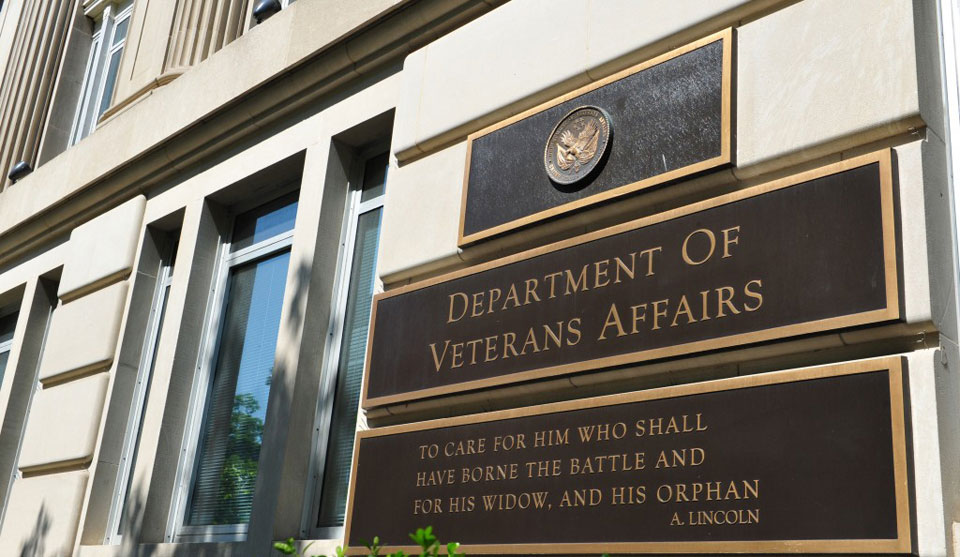
WASHINGTON —In a case that ran for almost a decade, 3,207 Department of Veterans Affairs advanced practice registered nurses and physicians assistants will share almost $100 million in back pay to compensate for years of “induced,” and unpaid, overtime.
U.S. Court of Claims Chief Judge Elaine Kaplan approved the $160 million class action case settlement on February 28. Before attorneys’ fees, which take 20% of the total, all but $15 million goes to Government Employees (AFGE) members at the VA.
The rest goes to members of other unions. The attorneys also get about $1 million for costs. Overall, it’s one of the largest, if not the largest, back pay claims against the U.S. government in history, says AFGE, which announced Kaplan’s ruling.
The six VA workers who were lead complainants in the case and who represented the entire class get an extra $20,000 each, for taking the risk of contacting the attorneys, for being spokespeople, and for giving extensive evidence and consulting with the outside attorneys who handled the case about its details every step of the way.
“It bears noting that it takes courage to be the public face of litigation against one’s employer,” Kaplan drily noted.
Each affected worker will get at least $250, with specific amounts calculated depending on how much unpaid overtime they worked, discovered in 318,000 pages of records. The average winning worker will get $50,000, AFGE said. The individual amounts represent about two-thirds of the overtime pay VA shorted them.
Six workers- Stephanie Mercier, Audricia Brooks, Deborah Plageman, Jennifer Allred. Michele Gavin and Stephen Doyle—got an extra $20,000 each. The first four were lead plaintiffs who brought it to the outside attorneys who represented the whole class, who were the public “face” of the case, and who provided extensive evidence. Gavin and Doyle were class reps for the physicians assistants.
“Over the years, our general counsel’s office and the National VA Council repeatedly promoted the opportunity for VA employees to join the lawsuit if they managed patients’ electronic health records and responded to notifications without pay,” AFGE, which is the largest union at the VA, explained.
“We worked with locals at various locations to hold in-person meetings where the affected nurses and PAs signed up to join the lawsuit.”
The case has been up and down the federal Court of Claims and its appeals court, twice, with the Justice Department, defending the VA bosses, battling it every step of the way. And it was complex enough, Judge Kaplan noted, that had it gone to trial, there was a chance—she didn’t say how much—that the workers could lose.
Only three of the 3,207 affected workers objected when the court, last year, notified the group of a preliminary settlement. The most notable, part-timer Christopher Stenseth, said he was scheduled for 36 hours a week and often worked far more.
Kaplan wrote the part-timers deserved money, too, and the entire settlement was recalculated to aid him and 23 others who also toiled for unpaid overtime. That cut payouts for the rest of the class by 0.128%, except for workers who got only the $250 minimum. Another objector said the attorneys’ original request of 33% of the total, was too high, and Kaplan agreed.












Comments